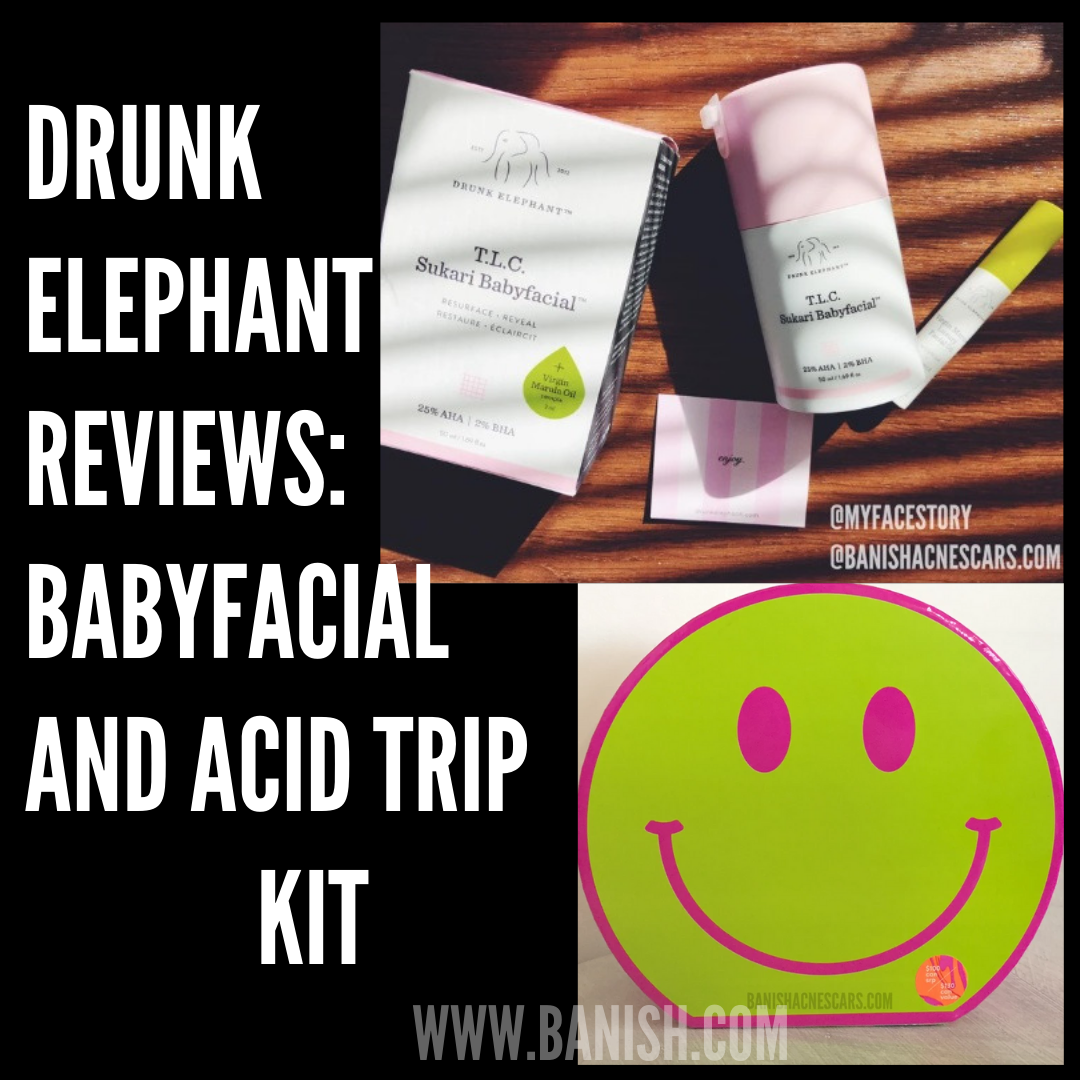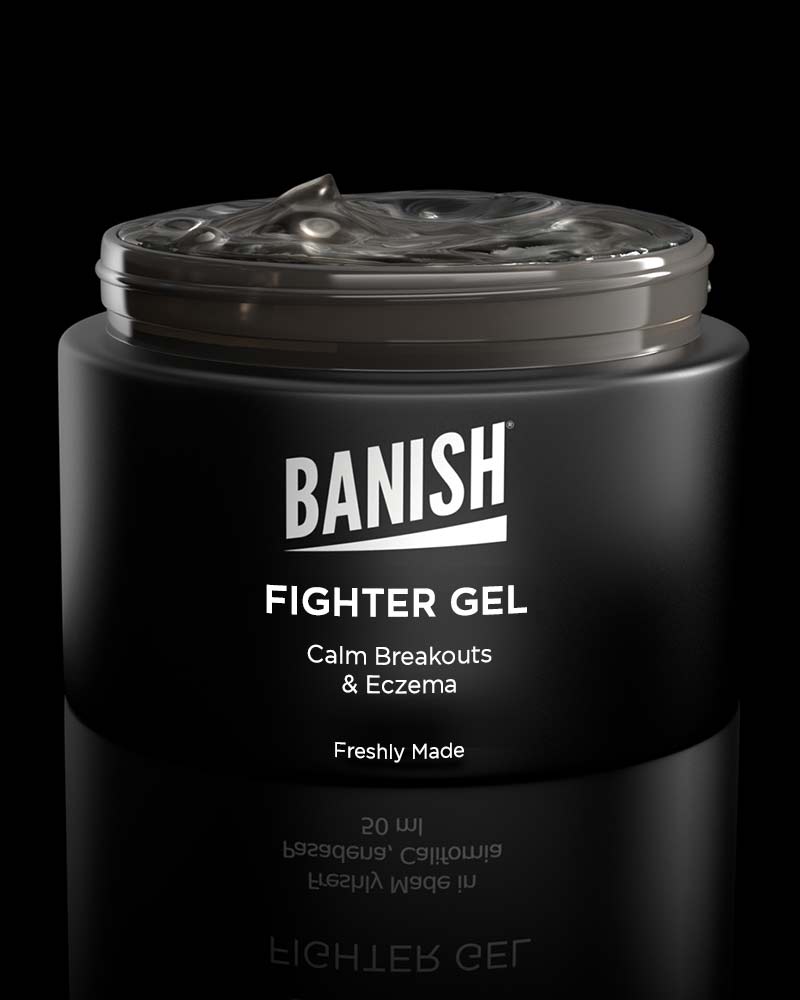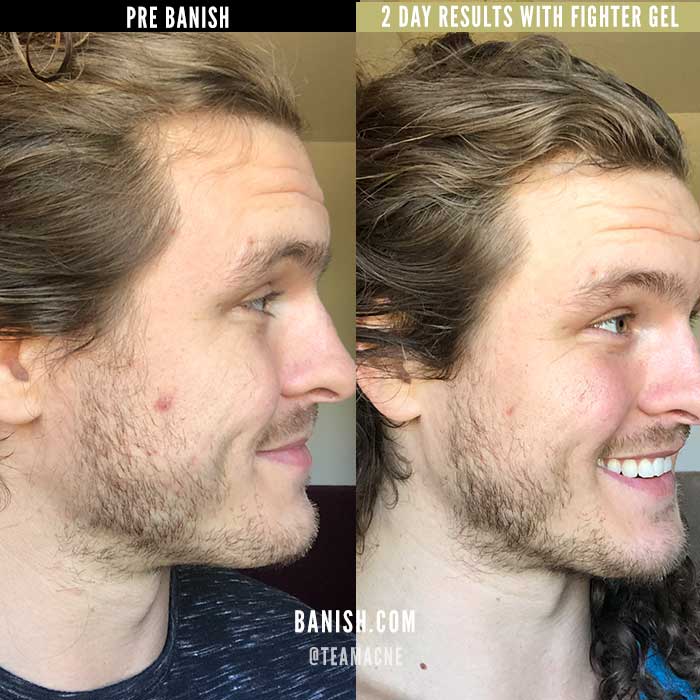If you have sensitive skin, harmful irritants can be particularly frustrating for you because they’re in everything. Your shampoo, makeup, perfume, hair dye, and yes, even your skin care products can all contain potentially irritating ingredients that spell disaster for your skin. Some sources suggest that more than a third of people have had at least one reaction to cosmetic ingredients in their lifetime. I can definitely say I’m a part of that statistic – are you?
If so, read on to learn more about potential irritants and allergens, and what you need to look out for.
the dangers of irritants
While irritation is usually just a word used to describe something that is only a mild nuisance, when it comes to our skin, irritation can be problematic. Not only because of their primary action – irritation – but also because we often apply these products every single day, prolonging the irritation and its effects indefinitely.
When these harmful irritants aggravate our skin’s surface, a chain reaction occurs that can strip the skin of its natural oils, causing the skin to become flaky and/or dehydrated and dull. Irritants can also cause inflammation (which can lead to a whole slew of other issues). This can result in long-lasting skin issues that may snowball into other skin issues, like acne or premature aging.
signs of irritation
Symptoms of irritation usually happen immediately or shortly after use, but signs can also appear years after using a product! That’s right, reactions and allergies can develop over time, and without notice. Something that you’ve been using without issue for years could suddenly one day cause a reaction.
There are two types of reactions to skin care products: irritant contact dermatitis, and allergic contact dermatitis.
Irritant contact dermatitis happens when a product you applied causes damage to your skin (which can also result from overuse of the product instead of the product itself), usually resulting in burning, stinging, itching or redness where you used the product. Depending on the severity, there might even be blisters and oozing if you scratch.
Allergic contact dermatitis includes redness, swelling, itching and hives. Although the reaction usually happens at the site of application, it may also spread out from the site.
You can even have a reaction that’s a combination of both types of contact dermatitis.
harmful irritants in products
The beauty products most likely to cause skin reactions are bath soaps, detergents, antiperspirants, eye makeup, moisturizers, shampoos, lip products, nail polish, hair dye, and really anything that is in extended contact with your skin.
For the most part, product formulators have learned to avoid ingredients that have a tendency to cause irritation and allergies; the industry is constantly looking to minimize reactions by reducing the potential allergens and irritants in products. After all, they’re in the business of making money, and who wants to buy products that will irritate your skin?
That doesn’t mean that all products are free from harmful irritants, however. Many companies use
ingredients that are potential irritants and allergens because, on the whole, they are still considered safe for most people to use. So even though you may be one of the unlucky ones who does experience a reaction, the total amount of reactions to the irritants in these cosmetics and personal care products is still pretty low.
Common irritants that are widely used, as in the case of parabens, are paradoxically less likely to cause a reaction than a common irritant that isn’t very widely used – so be cautious when trying new products that substitute preservatives and parabens – they may include ingredients that are actually more likely to irritate your skin.
But, whether you have sensitive skin, allergies, or you just want to avoid as many potential irritants as possible, here is a list of common irritants in your skincare products.
Methylparaben, ethylparaben, propylparaben, benzylparaben and butylparaben
Methylisothiazolinone
Imidazolidinyl urea
Formaldehyde
Methylchloroisothiazolinone
Sodium benzoate
Sodium lauryl sulfate
Sodium laureth sulfate
Ammonium lauryl sulfate
Benzoic acid
Dehydroacetic acid
Potassium sorbate
Sorbic acid
Sodium dehydroacetate
2-Bromo-2-nitropropane-1,3-diol
5-Bromo-5-nitro-1,3-dioxane
Quaternium-15
DMDM Hydantoin
MDM Hydantoin
Phenoxyethanol
Diazolidinyl Urea
Bronopol
Iodopropynyl butylcarbamate
Stearic acid
Myristic acid
Myroxylon pereirae (balsam of Peru)
Palmitic acid
Amyl Cinnamal
Benzyl Alcohol
Cinnamyl Alcohol
Citral
Eugenol
Hydroxycitronellal
Isoeugenol
Amcylcinnamyl Alcohol
Benzyl Salicylate
Cinnamal
Coumarin
Geraniol
Hydroxyisohexyl-3-Cyclohexene Carboxaldehyde
Anise Alcohol
Benzyl Cinnamate
Farnesol
Butylphenyl Methylpropional
Phenylenediamine
Ammonium persulfate
Linalool
Benzyl Benzoate
Citronellol
Hexyl Cinnamal
Methyl-2-Octynoate
Alpha-Isomethyl Ionone
Alpha Amyl Cinnamic Alcohol
Anthemis Nobilis (chamomile)
Anisyl Alcohol
Benzaldehyde
Evernia Prunastri Extract
Evernia Furfuracea Extract
This is by no means an exhaustive list. Some people are also sensitive to all sunscreens, AHAs and other exfoliating products.
Just because an ingredient or component is listed here as an irritant does not mean that it will irritate your skin, but only that it has the potential. It’s up to you to undertake trial and error elimination from your products to determine which, if any, ingredients irritate your skin. If you have products that don’t irritate your skin, it would be helpful to compare the ingredients list with products that you know do irritate your skin.
It’s also important to note that ingredients in high concentrations, or in conjunction with other compounds, may give you a reaction in one product, but in lower concentrations it is not an issue in other products. For example, some compounds work together to create a reaction, but on their own they pose no problem. This can complicate things a little bit.
So what can you do?
patch testing
If you’re feeling confused and frustrated, but you’re convinced that your skin is irritated by something in your personal care products, ask your doctor for a patch test for cosmetics, which involves applying small quantities of known allergens to your skin and testing for reactions. Although this may produce false positives (you could react to the high concentration in the test, but not to its use in any known product on the market) and false negatives (you may not react to the high concentration, but you may react to its use when combined with other agents that encourage its absorption), it could be a good first step.
While a doctor’s patch test can be useful, a more realistic patch test is to do it at home with a product you want to try. It’s important to patch test products at home before using them, especially if you have sensitive skin. This just means rubbing a small amount on an inconspicuous (but still sensitive) area to see how you will react. Any product that comes into contact with your skin, including shampoo, should be patch tested.
The inner arm is a good place to test because the skin is still fairly sensitive. You apply a small amount to the area, following the product instructions. If the product burns or causes an immediate reaction, wash it off immediately. If not, wait for 24 hours - if your skin turns red, welts, itches or shows a rash, you probably shouldn’t use the product.
If you want an even better test, test it on the skin behind your ear – for facial products this would be more useful and give a more accurate reaction than the inner arm.
remember
Just because a label says hypoallergenic, dermatologist tested, non-irritating, fragrance-free or any other variation, doesn’t mean that the products don’t contain potentially harmful irritants or won’t cause irritation for your skin. It may make it less likely, but there’s no guarantee except your own diligent detective work!
























Leave a comment
All comments are moderated before being published.
This site is protected by hCaptcha and the hCaptcha Privacy Policy and Terms of Service apply.